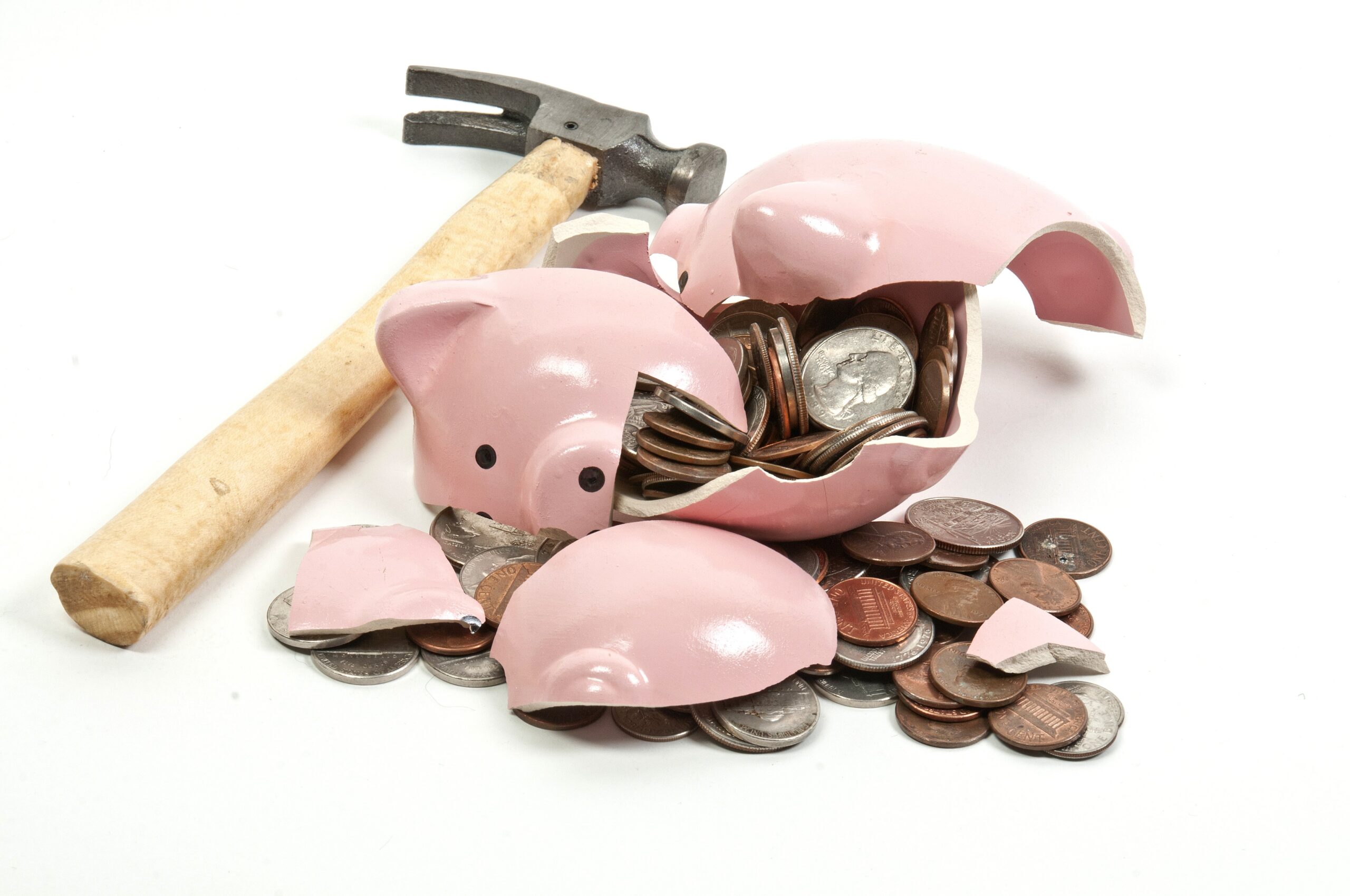
What Happens to the Cash When I Sell My Business
If you are in the middle of a sale transaction, your M&A advisor or investment banker has probably told you not to do anything outside of the ordinary as it relates to the balance sheet and running of your business. That’s all well and good until a business owner realizes that he or she has a boat load of cash sitting there. How do we get that out?Buyers will typically value a business based on its earnings, assets, prospects, etc. As a result, the price is not dependent on how much debt the business has. By this I mean that if two businesses have the same earnings, assets, and prospects, they should be valued equally by buyers. As a result, a business’s value is independent of how much debt it has because the buyer doesn’t have to repay any debt in the business – that is the seller’s responsibility. The analogy to selling a house with a mortgage works well here. A buyer won’t pay more or less for a house that has a bigger mortgage; they will just pay the market price for the house. The seller’s net proceeds are obviously effected by the amount of debt in the company, but the buyer’s price paid is not.
In M&A transactions, cash works the same way as debt, only in reverse. Since any cash in the company could be used to repay debt, or conversely, more money could be borrowed to increase cash, debt and cash are linked. As a result, transactions are generally structured on a cash-free, debt-free basis. This means that a company’s cash and debt are excluded from what the buyer is buying, and therefore the seller keeps both of them. The buyer will pay the purchase price, and out of that price the seller must pay any fees or expenses, repay any debt outstanding, and pay any taxes due. However, the seller also gets to keep the cash in the company to contribute to these items.